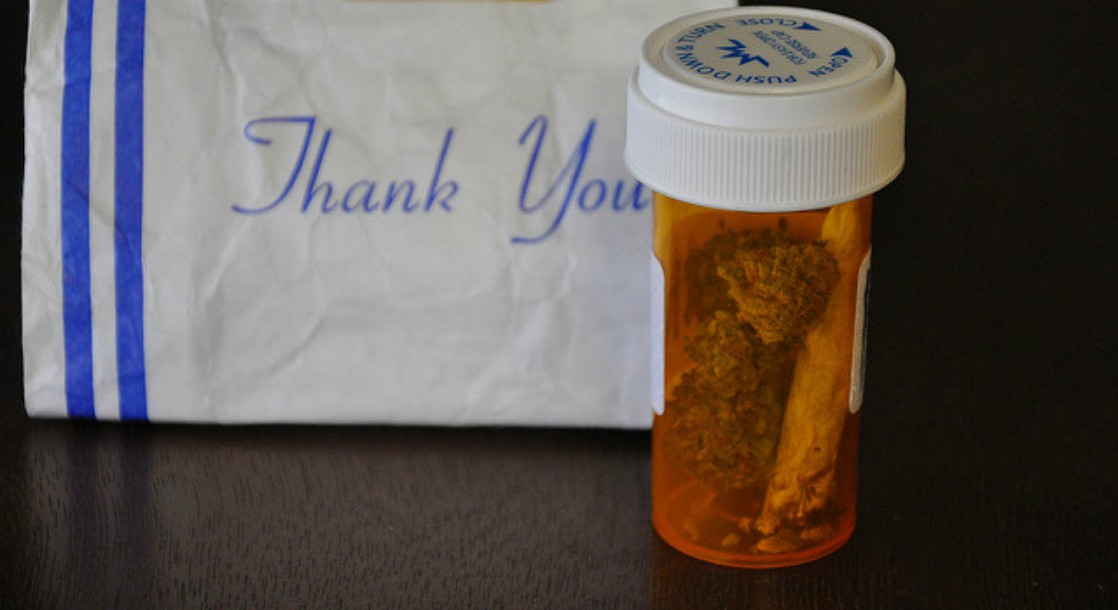Spotify just joined the long list of multibillion-dollar corporations that have successfully blocked small cannabis businesses from infringing on their trademarks.
In 2017 and 2018, telemedicine and enterprise planning company U.S. Software filed two trademarks with the US Patent and Trademark Office (USPTO) for a new software platform called POTIFY. According to the patent application, the company wanted to use this name for a “back-end software platform designed for legal marijuana dispensaries to market and sell their products.” The program would also allow patients to search for, rank, and review medical cannabis dispensaries and allow them to interact with other patients online.
After learning about the application, Spotify AB filed oppositions against the proposed POTIFY trademarks, citing the obvious similarity between the two names. The Swedish music streaming giant further argued that since “pot” is “a colloquial name for marijuana,” consumers would rightly associate the POTIFY name with weed. The company argued that this association would then tarnish its own reputation if consumers then began associating Spotify’s name with pot.
U.S. Software argued that their name was inspired by Shopify, not Spotify, and even claimed that they filed their applications before the streaming company was popular in the US. Spotify countered that it had been doing business in the US since 2011, and provided evidence that they already had a massive advertising campaign in the US by the time that the POTIFY applications were filed.
Last week, the USPTO ruled in favor of Spotify, forcing U.S. Software to abandon its POTIFY trademarks. Trademark officials ruled that the proposed software name would dilute and blur the streaming service’s trademarks “[b]ecause the marks SPOTIFY and POTIFY are used for software products that perform analogous functions, and are so similar in appearance and sound, their commercial impressions are similar even if consumers take different meanings from SPOT and POT.”
As the global cannabis industry continues to grow, a growing number of giant multinational corporations are suing small weed businesses for infringing on their trademarks. Gorilla Glue Co. was one of the first to jump on the litigious bandwagon, when they sued a Nevada weed business in 2017 for selling a popular weed strain with the same name. And in that same year, Jessica Alba’s Honest Co. home goods company filed a dubious infringement lawsuit against a CBD company named Honest Herbal.
In 2019, the promoters of the classic Woodstock festival sued Woodstock Roots, a cannabis paraphernalia company, and won the right to release their own Woodstock-branded weed. And just last year, massive tobacco conglomerate ITG Brands won a lawsuit against a California pot company for infringing on the logo of its popular KOOL cigarettes brand. The Girl Scouts of America have even stepped up to block companies from selling Girl Scout Cookies strains.
The majority of trademark disputes between pot companies and traditional corporations involve edibles, though. The Ferrara Candy Company has filed dozens of legal challenges against numerous companies for selling weed edibles that rip off its popular Nerds Rope candies. Candy giants Hershey’s and Mars Wrigley have also defended their trademarks against knockoffs like “Mr. Dankbar,” “Reefer’s Peanut Butter Cups,” and “Zkittlez.”











